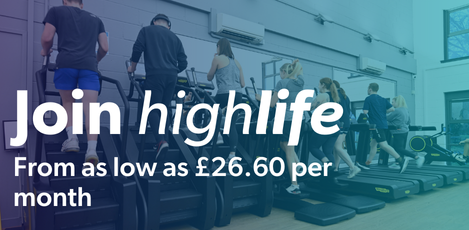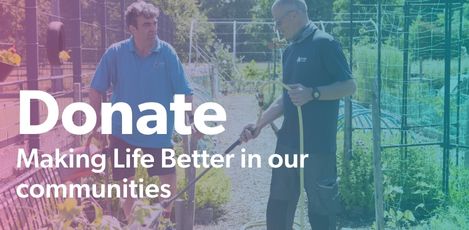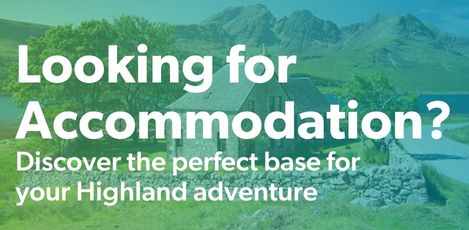iPads packed with information and support for people with type 2 diabetes will be available from High Life Highland libraries.
There is a growing prevalence of type 2 diabetes in Scotland, and it is hoped technology, loaded with health information, access to online peer support, online education and helping people access appointments will improve people’s access to the right healthcare.
The project is a partnership with NHS Highland, High Life Highland, Diabetes Scotland and AbilityNet to provide iPads, mobile internet connections, training and support for people at risk of diabetes and those newly diagnosed with type 2 diabetes.
National Director at Diabetes Scotland Angela Mitchell said: “This project could make a huge difference to people living with and at risk of type 2 diabetes in Highland.
“We heard first-hand from people in Highland about what really helped when they were first diagnosed and being digitally connected gives people living with diabetes the opportunity to access online resources, support and even healthcare.
“About 10% of the UK population is still digitally excluded – particularly people on a low income, and rates of type 2 diabetes are 80% higher in our most deprived communities, so we know there is a real need for those communities to be connected to support.”
NHS Highland’s Health Improvement Specialist Fiona MacLeod said: “When people first find out they have type 2 diabetes or are at risk of type 2 diabetes it can be very confusing, the project aims to provide recommended online health information and education.
“There’s a variety of useful websites, apps and leaflets to give people a choice of options that will help them to self-manage their condition.
“The geographical area of the Highland population is diverse with two thirds of the people with type 2 diabetes living in remote or rural locations which can make accessing the right support more challenging.
“As services are beginning to offer more online alternatives, we want to increase the opportunities for people to obtain information, resources and services to help them manage their diabetes and access peer opportunities’ that are right for them.”
There are many reasons why people don’t own digital devices although not everyone sees using the internet as helpful or relevant.
High Life Highland’s Head of Health and Wellbeing Lynn Bauermeister said: “This project has the potential to help tackle inequalities in diabetes care and ensure those who need support receive it.
“The cost of digital devices and internet usage can be prohibitive for some people and we hope that by providing free access through our friendly teams in High Life Highland libraries will give more people more opportunities to access information and support with type 2 diabetes if they wish to do so.”
The iPad Loans can be booked out and collected from your local library, where you will be given a small pack of information on how to use the iPad, how to access training, and what is available on the iPad.
AbilityNet, a charity which supports people with disabilities and older people by helping them to use computers and other digital technology, can provide support on how to use the iPads from how to switch it on to providing some refresher training if required.
AbilityNet volunteer Jamie Robson said: “AbilityNet are proud to be part of this initiative which helps bridge the digital divide and provides access to vital resources that people would otherwise miss out on.”
The iPad have sim cards providing internet data therefore you don’t need to have internet in your home to use the iPads.
If you want to find out more or loan an iPad, get in touch with your local library or contact libraries@highlifehighland.com






